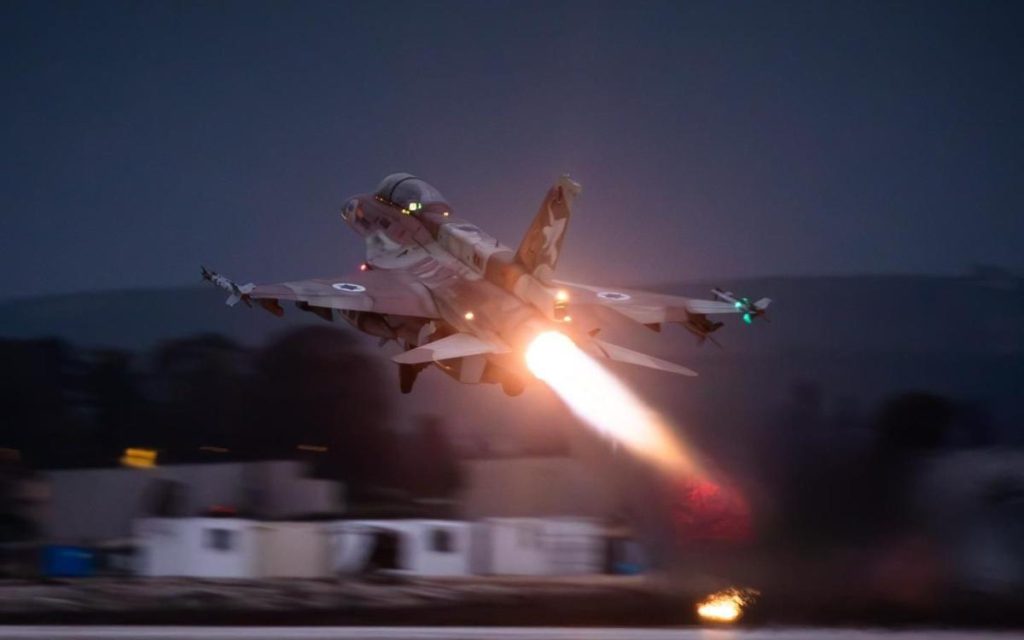Israel recently carried out a precise strike on Iran, targeting a key part of a Russian-made air defence system at the Isfahan air base. Satellite imagery showed damage to the “flip radar” component of the S-300 air defence battery, which was given to Iran by Russia in 2016. The attack also targeted infrastructure providing air cover to the Natanz nuclear facility. Analysts believe the strike was a warning to Tehran that Israel is capable of striking the nuclear programme if tensions continue to escalate.
The attack on Iran’s air defence system did not cause extensive damage to the air base, indicating that it was a deliberately limited strike. Israeli media reports suggest that the goal was to neutralize Iran’s air defence systems covering important nuclear sites. The intention was to disrupt Iran’s ability to enrich uranium and potentially develop a nuclear bomb. Officials believe the limited attacks will prompt Iran to quickly restore their defence systems, starting with those around Isfahan, a crucial area for Iran’s nuclear and defence capabilities.
Senior US military sources have confirmed that the attack was intended to send a message to Tehran that Israel has the capability to strike the nuclear programme if necessary. The strike demonstrated Israel’s ability to bypass Iranian defence systems undetected and disable them using minimal firepower compared to Iran’s recent attacks. Both Iranian and Israeli officials have downplayed the significance of the attack, indicating a desire to de-escalate tensions. Iranian Foreign Minister Hossein Amir-Abdollahian dismissed the attack as insignificant, likening it to children’s toys.
The recent Israeli strike on Iran came in response to a large-scale drone and missile attack launched by Iran over the weekend. The attack was retaliation for an Israeli strike on an Iranian consulate building in Damascus that killed a senior member of Iran’s Revolutionary Guards force. While Iran has warned Israel against further military action, they have also stated readiness to launch another major strike if provoked. They have emphasized their ability to respond at a maximum level if Israel engages in any more adventurism.
In Iraq, at least one person was killed in an attack on pro-Iran militia groups, with the perpetrator unknown at the time. The United States denied involvement in the attack. The region remains volatile as tensions between Iran and Israel continue, with potential for further military actions. Both sides are cautious in their public statements, indicating a desire to avoid further escalation. The situation highlights the complex and delicate balance of power and conflict in the Middle East, with multiple actors and interests at play.


